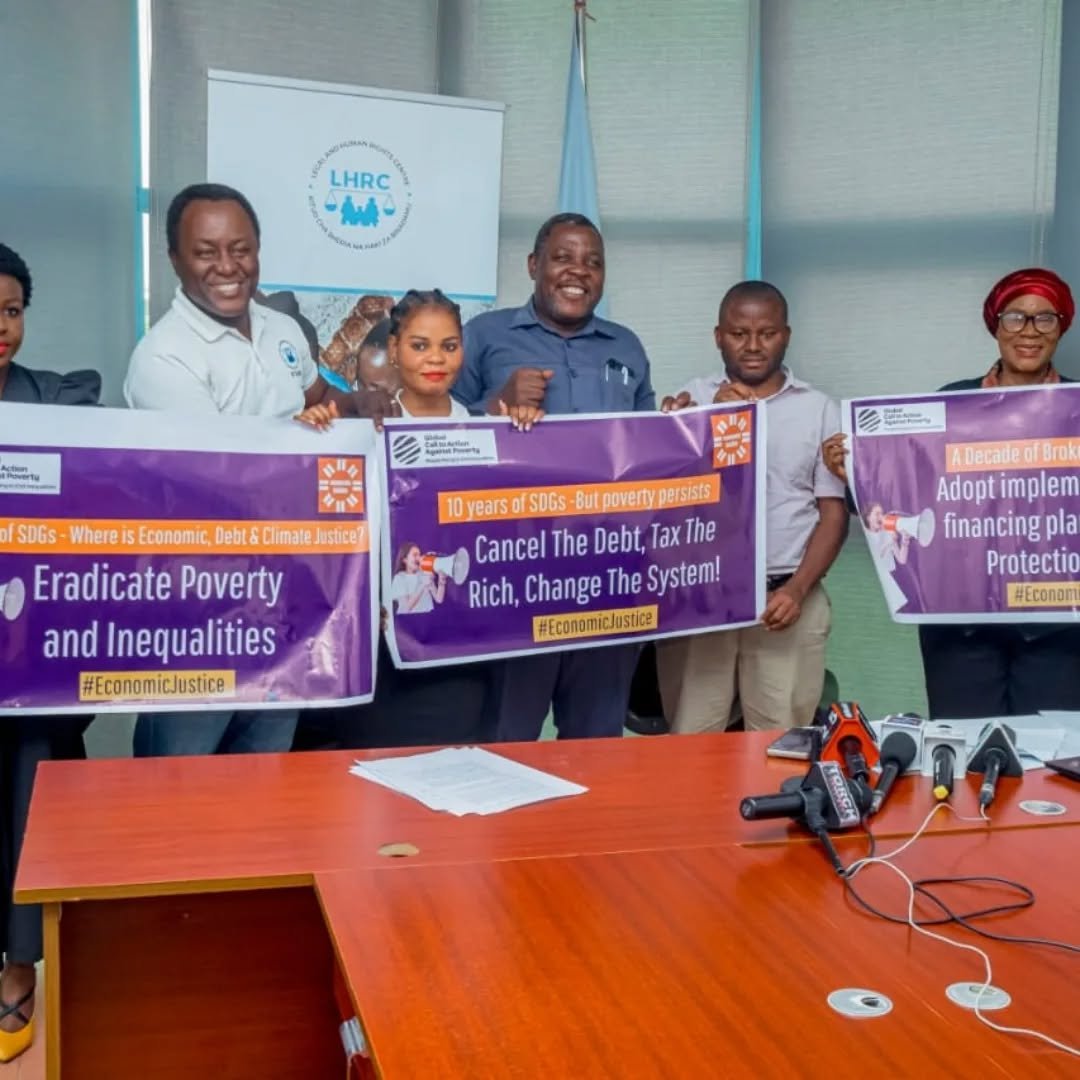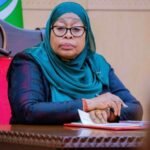Civil society voices in Tanzania have raised concerns that poverty levels remain alarmingly high despite years of government efforts and development programs.

Speaking on behalf of activists and member organizations, Martina M. Kabisama, National Coordinator of SAHRiNGON Tanzania Chapter and Coordinator of the GCAP Tanzania Coalition, said that while the country has made progress in reducing poverty, the pace is still too slow to lift vulnerable families out of hardship.
Kabisama explained that the national poverty rate dropped from 34.4% in 2007 to 26.4% in 2017/18, according to government statistics. Yet more than 14% of Tanzanians still live in extreme poverty, with many households one shock away from sliding back due to rising economic and social pressures. She emphasized that this remains a major obstacle to achieving the Sustainable Development Goals (SDGs) by 2030.

Employment challenges, particularly among youth, remain a pressing concern. Kalbisama noted that nearly 800,000 young graduates enter the labor market every year, but over 80% end up in the informal sector, where wages are low and social protections are limited. “Without decent jobs, young people are trapped in cycles of vulnerability, and their potential contribution to national development is undermined,” she said.
Her remarks were echoed by Rosemary Mwaipopo of Dayspring Foundation, another leading voice within the coalition. Mwaipopo urged the government to strengthen protection for marginalized groups and ensure that policies are truly inclusive. “Human rights, equality, and social justice must be at the center of development,” she stressed, calling for citizens to be more actively involved in shaping national policies and budgets.
Also Read: UN Leaders Convene To Address AI Global Challenges
The coalition’s statement also highlighted the need for expanded social protection to cover every household, protecting them from poverty, disease, and economic shocks. They further called for stronger investment in gender equality, urging authorities to narrow persistent gaps that prevent women and people with disabilities from fully accessing education, leadership, and economic opportunities.

As Tanzania marks 10 years since adopting the SDGs in 2015, activists are warning that progress must be accelerated. While initiatives such as the launch of the Vision 2050 strategy have laid down ambitious targets—including boosting life expectancy, expanding access to energy, and achieving higher economic growth—the reality on the ground shows uneven benefits.
“Growth is not enough unless it is inclusive,” Kabisama insisted, urging the government, private sector, and international partners to collaborate in ensuring that every Tanzanian has a fair chance to thrive.







